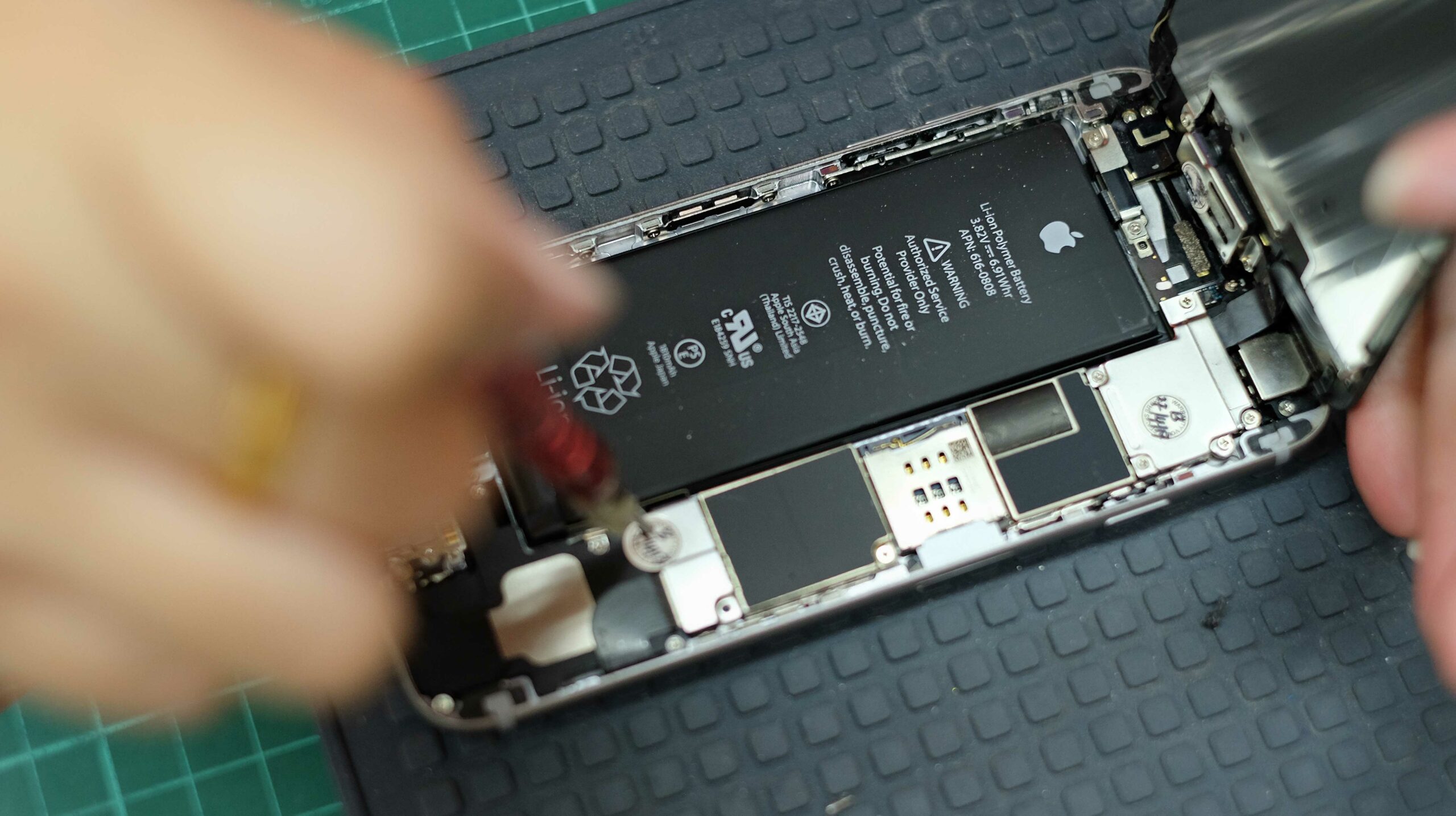
The EU passed a law in 2023 which forces companies to switch to batteries that can easily be replaced by the phone’s owner.
To remedy this, a report from The Information claims that Apple is looking to replace the foil and adhesive it uses to secure its iPhone batteries with a new metal casing that could be dislodged with a bolt of electricity. This change is rumoured to start with the iPhone 16 before making its way to the full iPhone 17 series the following year.
To me, this doesn’t sound like an improvement since most people will likely need to rent or buy specialized hardware from Apple to apply this electricity to the electronically induced adhesive to make it stick and un-stick to your phone. To further that, we all know how hard it is to pry open a modern day iPhone. There are a few specialized screws and adhesives around the display to keep it water-tight. Truthfully, I think it’s the display removal, and not the actual battery swap, that holds back most users from wanting to self-swap their batteries.
This report has also come out after Apple has shared a white paper explaining its approach to building tough and replicable phones and balancing that with repairability. For instance, the company shared that when it added waterproofing to the iPhone 7 series repair rates dropped 44 percent. You can read more about the white paper here.
Overall, I think this is a bit of an overreach by the EU since most people don’t have the skills or even the want to learn how to remove an iPhone screen to swap their battery. I think most people would rather pay around $100 not to have to worry about breaking their phone.
Header image credit: Shutterstock
Source: The Information
MobileSyrup may earn a commission from purchases made via our links, which helps fund the journalism we provide free on our website. These links do not influence our editorial content. Support us here.


